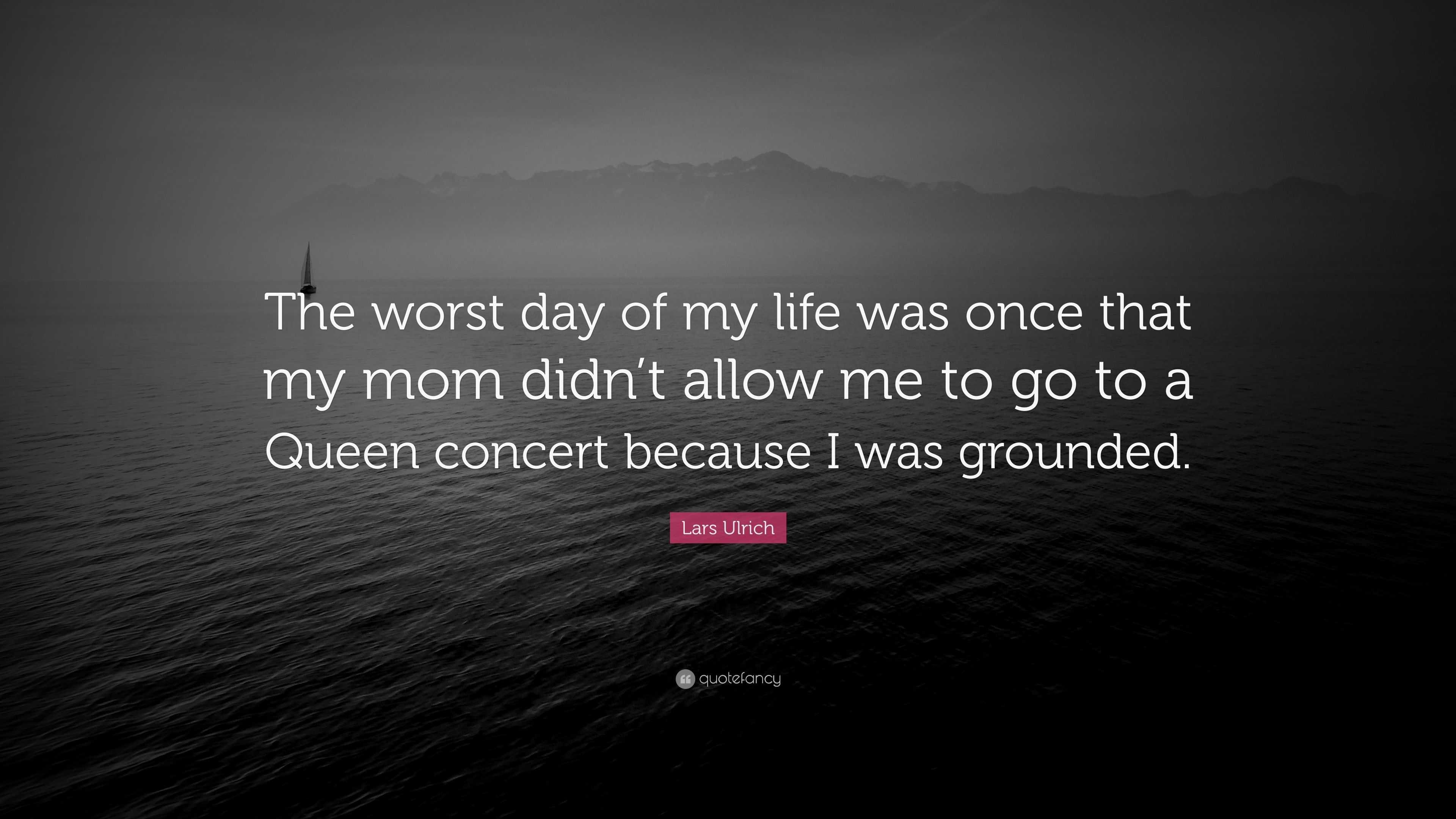

Myth: Feeling relief in this situation means you wanted the person to die.įact: Feeling relief in this situations means you are glad their suffering (and/or your suffering as a caretaker) has ended. Caring for the person was mentally and physically exhausting and it was terrifying to watch the person lose their physical and/or cognitive faculties. The person was physically ill and suffering. So while we’re busting assumptions and misconceptions, let’s discuss a few common experiences related to relief.ġ. You can feel relief that distressing emotions and physical pain have ended, but this relief does not lessen the devastation and intense sadness caused by the death of a person who you love very dearly.

You can have two emotions about two totally different aspects of an experience. So you may think to yourself – “If I am feeling relief, then I can’t possibly be as sad as I should be.” When in reality you can be super sad and also a little relieved at the same time because emotions aren’t mutually exclusive. Ever heard of the phrase “mixed emotions”?Īssumption #2: People often assume that feeling one emotion somehow detracts from or negates another. You may even feel emotions that seem inconsistent with one another.

However, in many situations, you can (and often do) feel multiple emotions at the same time. “I am scared”, “I am happy”, or “I am overwhelmed”. Typically in any given moment if I were to ask you how you felt, you’d probably identify the most prevalent feeling – i.e. Well, two assumptions really.Īssumption # 1: People often think they experience emotions one-at-a-time. This may be the case for a whole slew of reasons, many of which stem back to an interesting assumption about how emotions work. For many, relief feels like something they should be ashamed of, it feels wrong, or as though it’s something they shouldn’t admit to. It’s also human to feel a tinge of relief when the distress you felt as a result of having to watch your loved one struggle has come to an end.Īs logical and as common as the emotion of relief is in grief, it seems like grievers often carry it with them as though it’s a deep, dark secret. Although none of you wanted your loved one die, it’s only human to feel relief when their pain and suffering come to an end. Death often comes after a period of intense and prolonged pain, anxiety, worry, fear, and suffering. So, I’m not sure I would go so far as to use the adjective “happiness”, but based on this definition feeling relief after a death, in certain circumstances, does kind of make sense. The feeling of happiness that you have when something unpleasant stops or does not happen. The act of removing or reducing pain, anxiety, etc.Ģ. According to the Oxford English Dictionary, there are two definitions:ġ. I’m going to pull a serious 8th-grade book report move here and start the conversation by defining relief. It would seem we’ve been remiss for not discussing it sooner. It really wasn’t until the other day, after we received a handful of comments about relief following our recent post about suicide grief, that I realized the experience of relief after a death warrants its own discussion. We’ve listed it off a time or two on WYG when discussing common responses to loss, but we’ll admit we’ve only touched on it in passing. Whenever we ask people about the emotions of grief, whether it is here on the blog, in a workshop, a group, or a class, the word relief inevitably comes up.


 0 kommentar(er)
0 kommentar(er)
